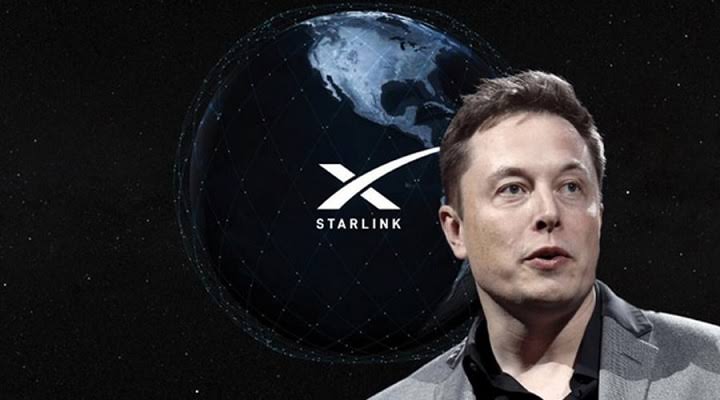Starlink is getting ready to launch in Africa

Starlink, an Elon Musk-owned web service, is slated to commence in Africa between July and September this year, with two African countries participating.
Musk revealed in a tweet on Friday that Starlink, his space exploration company's satellite internet service, has been approved in Nigeria and Mozambique.
The internet service planned to launch throughout Africa, mainly in Nigeria, since 2021. Last May, SpaceX sent representatives to Nigeria's telecommunications regulator, the Nigerian Communications Commission (NCC), to discuss the potential of obtaining an operating license in the country.
Starlink, which uses thousands of satellites in space to deliver internet connectivity, announced on May 27 that it has acquired regulatory permission from both countries. Starlink was granted two licenses by Nigeria, which went into effect on May 1 and would expire in 2027 and 2032, respectively.
Starlink runs in over 30 countries where it is allowed by law to provide internet services, in other words, where it has the necessary licenses.
Starlink has 500,000 pre-orders and 69,000 users in the United States, Canada, Germany, Poland, New Zealand, and Australia. Musk also claimed at the Mobile World Congress that he plans to invest $20-$30 billion in the project to keep deploying satellites and that he expects to add half a million users in the following year.
This means faster internet speed
Starlink's download speed of 100 Mbps is roughly five times faster than the highest average download speed for fixed broadband in Nigeria. In 2020, the average mobile internet download speed in Sub-Saharan Africa was 9 Mbps.
Starlink allows video calls, online gaming, streaming, and other high data rate activities that have previously been impossible with satellite internet, according to the service's website. Users can also use the Portability feature or the Starlink for RVs service to take Starlink with them everywhere they go.
Who will use Starlink?
All Starlink users will use the same space-based infrastructure.
Each person can technically access the internet if they have a dish put outside in a location with clear skies. In nations like Mozambique, where just 16 percent of the population of 31 million uses the internet, this could help alleviate access issues.
Starlink was created to address the lack of internet access in these African countries. However, it comes at a price: $110 for presale — which is also the monthly charge — and $599 for a full kit, which includes a terminal, mounting tripod, and Wi-Fi router. Starlink's price is prohibitively expensive for the ordinary Nigerian — and Mozambique — customer. The whole kit costs around $2,500 and $500 per month for its premium service.


Be the first to comment!
You must login to comment